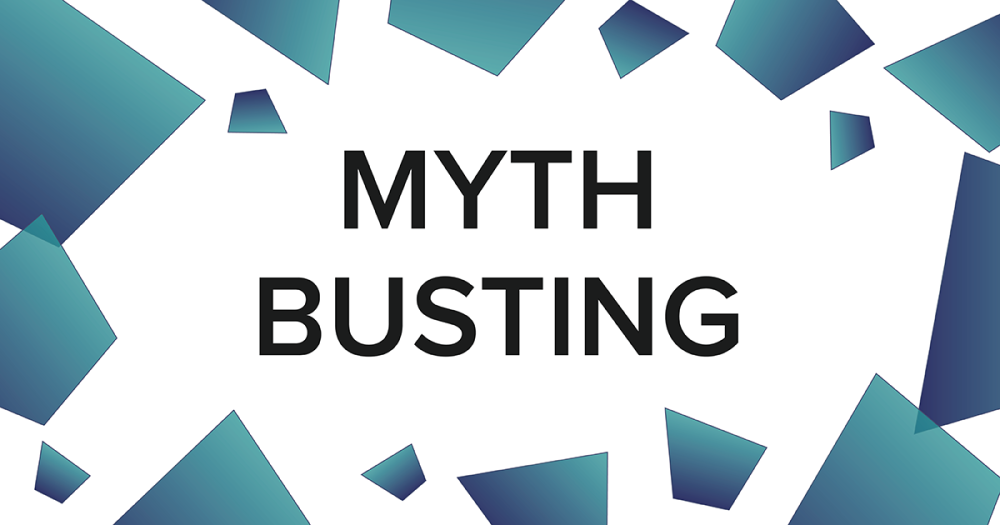Does geolocation turn your brand into a stalker? Geolocation privacy myth rebutted
15 Jun 2017

Myth: Geolocation means no privacy for your customers
They say: Location-based technology involves constant mobile tracking of consumers, often without notifying users that they’re being tracked.
Fact: You don’t have to track your customers’ every move to get the most of the location-based technology
Many assume that geolocation works by constantly tracking mobile users. And we get why they think so. There are few geolocation companies that deploy some location-tracking, privacy-killing, shame-bringing solutions. In the world where privacy is not commonplace anymore, brands too often exploit their power to use consumers’ personal data to profile them and target advertisements and marketing messages. The ad sector is particularly known for using technology that would give you the creeps. Ever got an advert promoting a shop you walked by a week ago? There’re some geolocation companies that use some truly hard-core tracking. They track your phone, so they know you’ve just walked passed a car dealer. They’ve also read your IP address, so they know you’re now at home. They can then serve you ads on a relaxing Sunday afternoon, when you have just enough free time to consider whether buying a new car will make your life better and your wife happier.
Pretty invasive, huh?
But mobile marketing doesn’t have to mean annoying and intrusive adverts that refer to a place you were near a week ago. Geolocation technology doesn’t have to track your IP address or monitor your every move. And you really don’t need to track app users’ location continuously and know their personal data to engage with them when it matters most.
The truth is that it all depends on how the technology has been built in the first place and what privacy options the technology has in place. Yes, there are many geolocation solutions that have no regards for user privacy. Our advice? Stay away from them… On May 25th, when the infamous General Data Protection Regulation (GDPR) comes into effect, all these solutions will be swept away from the marketplace anyway. Unless they seriously reconsider what it means to respect users’ privacy.
.gif)
Location data are key to marketers, but this should never be at the expense of consumers. There is another way to use location-targeting. One without breaking the privacy laws. Or digitally stalking your customers.
There is a number of great geolocation solutions that are privacy-compliant. So how does it actually work if the whole premise of this technology is based on identifying consumers’ location? We can’t speak for all, as a lot depends on who built the solution and what were the key goals of the system. But here is how we do it in Bubbl:
Users’ location is only identified once they cross the digitally geofenced venue. Outside of that sphere, they are invisible to the system. Inside of it, they still retain anonymity. No personal data or identifiable information are captured, and the only data gathered are confirmations of: activating a payload/campaign, downloading a payload/campaign, identifying which operating system has requested the payload, and which operating system should be selected to send the response. App users are also asked for permissions to collect their location data, send them notifications and control the number of customer engagement content.
It’s pretty clear that these do not allow any company to identify their app users. Unless the users actually choose to opt-in and share private data to establish that closer relationship with their favourite brands.
Whichever geolocation solution you choose to exploit, make sure it clearly answers these four simple questions:
- Does the technology depend on IP address tracking and track users location continuously? If yes - keep looking.
- Does the technology maintain the anonymity of users?
- How do users opt-in and opt-out of the service?
- Are the aims of capturing location data and pushing notifications clearly explained to the user?
Did you like this article? Check out our previous Myth Buster post to find out whether the app has to be open for geofencing to work. And don’t forget to sign up to our newsletter and follow us on Twitter and Linkedin to stay up to date with all our updates!

Please login to comment.
Comments